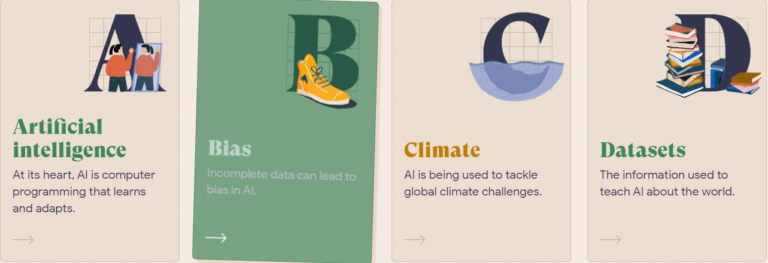“54,195 respondents in 142 countries were part of this survey involving AI in our personal affairs and public life.”
The word AI is out now — making its way across the research labs into our everyday lives. The AI that is in use today actually forms a subset of AI, called machine learning. Nevertheless, significant enough.
As the nations explore ways to leverage the power of algorithms, the government will inevitably run into the flaws of algorithms; biases have been a massive challenge for quite some time now. Be it the biases or the insecurity surrounding AI takeover, the world has been divided over inclusion of AI. To understand the sentiments across the globe, and their attitudes towards AI, the Oxford Commission on AI and good governance conducted a survey.
About The Survey
The data for this survey was taken from the 2019 World Risk Poll. Based on which the researchers at Oxford analysed public opinion drawn from a sample of 154,195 respondents living in 142 countries. More than five thousand interviewers conducted the interviews between 8th of May, 2019 till 17th of January 2020. According to the survey report, at least 1,000 respondents were surveyed from each nation, and the sampling population represented the entire population aged fifteen and older.
Key Findings
The participants were asked whether “machines or robots, often known as artificial intelligence” will “mostly help or mostly harm people in the next 20 years”. Respondents were given three options to choose between “mostly harm”, “mostly help” and “neither”.
“One outlier, for instance, is China, where only 9% of respondents believe AI will be mostly harmful.”
The above table illustrates public perception (in %) to the above question, by region. The survey has also reported the sentiments of people based on their profession. While the white-collar jobs shared a positive attitude, construction and manufacturing workers found AI to be harmful.
As per the report, the findings can be summarised as follows:
- North America (47%) worries the most about AI being harmful.
- Whereas, respondents in Southeast Asia (25%) and East Asia (11%) concerned that AI will be harmful.
- China showed great enthusiasm for AI of all the nations with only 9% thinking that AI will be harmful.
- When it comes to professions, business and government executives with 47% and other professionals with 44% are among the most enthusiastic about AI decision making.
- Whereas workers in manufacturing with 35% and service workers with 35% are less confident.
Future Direction
The report stated that each major misstep in AI could have consequences for government agencies involved AI systems in governance. The fact that few professions find AI to be harmful also stems from deep-seated insecurity with regards to their employment. Industries heavily invest in automating mundane work. Even the software industry is not exempt from the reach of AI. There is active research to build software that writes new software. Historically, whenever a transition obscured a technology or jobs, it gave rise to newer opportunities, careers which have never been thought of before. For example, data ethnographer is a thing!
AI is here to stay. So, now the question is how to make the transition more public-friendly.
In order to inculcate accountability and transparency, few European nations have already made a move. The governments of the Netherlands and Finland have already set their initiatives in motion this month by opening up AI registries. AI Register is a window into the AI systems used by these cities through the register. The people in these cities can get acquainted with the quick overviews of the city’s AI systems or examine their more detailed information based on their own interests. They can also give feedback and thus participate in building human-centred AI.
This survey by Oxford Commission has exposed the divided perceptions and made a case for developing AI for good governance and underlined the importance of civic enthusiasm for substantive outcomes.
Check the full report here.














































































